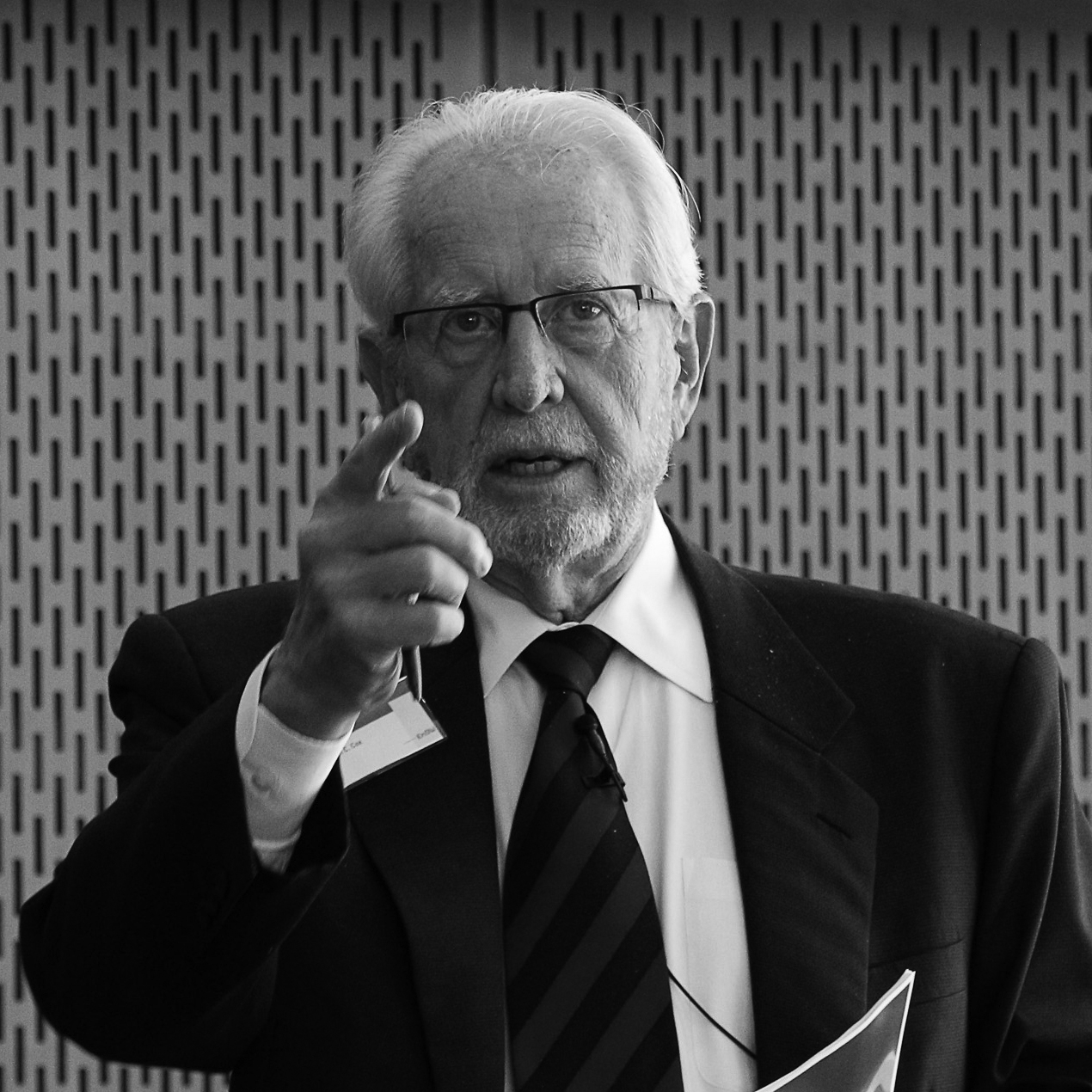
The 5 Big Reasons Why Electricity Bills Are So High Right Now
In an interview with TIME Magazine, CEEPR director Christopher Knittel discusses a few causes for the increase in electricity bills. Electricity costs have been steadily rising for years, outpacing inflation. The average monthly residential electricity bill increased from about $121 in 2021 to $156 in 2025, a nearly 30% rise. From last January to October alone, electricity bills rose 12.7%, and prices may continue to rise. Read the full article at the link below.
Learn More
In Memoriam: Loren C. Cox (1938–2025)
It is with profound sadness that the MIT Center for Energy and Environmental Policy Research (CEEPR) remembers Loren C. Cox, a foundational leader in the Center’s early development and a long-standing contributor to energy and environmental policy engagement at the Massachusetts Institute of Technology, who passed away on December 23, 2025, at the age of 87.
Learn More
Helping power-system planners prepare for an unknown future
A new computer modeling tool developed by an MIT Energy Initiative (MITEI) research team will help infrastructure planners working in the electricity and other energy-intensive sectors better predict and prepare for future needs and conditions as they develop plans for power generation capacity, transmission lines, and other necessary infrastructure. The tool could reduce the amount of time this planning takes and help ensure that the power grid can continue to provide customers with efficient, reliable, and low-cost electricity that meets emissions and regulatory standards.
Learn More
Clean Investment
Monitor
The Clean Investment Monitor (CIM) is a joint project of the MIT Center for Energy and Environmental Policy Research (CEEPR) and the Rhodium Group. The CIM tracks public and private investments in climate technologies in the United States. Through this data and analysis, the CIM provides insights into investment trends, the effects of federal and state policies, and on-the-ground progress in the U.S. towards net-zero greenhouse gas emissions.
The CIM covers dozens of different technologies and their input components across all sectors of the economy, including for clean electricity and transportation, building electrification, low-emission industrial production, and carbon management.
Learn More
Climate Action
Through Education
The MIT Climate Action Through Education (CATE) program, directed by Professor Christopher R. Knittel, has developed an MIT-informed interdisciplinary, place-based climate change curriculum for U.S. high school teachers in the following core disciplines: History/Social Science, English/Language Arts, Math, and Science.
Curricular materials – labs, units, lessons, projects – will be aligned with Next Generation Science Standards, and MA education standards. The solutions-focused curriculum aims to inform students about the causes and consequences of anthropogenic climate change, while equipping them with the knowledge and sense of agency to contribute to climate mitigation, adaptation and resilience.
Learn More
Driving Towards
Seamless Public
EV Charging
Widespread electric vehicle (EV) adoption is critical to confronting climate change – but a lack of sufficient public charging infrastructure is holding many potential EV drivers back. A team of researchers from Harvard and the MIT Center for Energy and Environmental Policy Research will work to accelerate progress on public EV charging as a gating requirement to achieving widespread EV adoption. The team will contribute by working directly with stakeholders and stakeholder groups to identify barriers to seamless public EV charging, build consensus for solutions, and advance those solutions.
Learn More
The Roosevelt
Project
Transitioning the United States economy toward deep decarbonization will have unequally distributed effects, positive and negative, across socio-economic groups, geographies and economic sectors. The concerns of workers and communities adversely affected by the transition must inform the discussion around decarbonization, associated policy changes and institutional development. The goal of the Roosevelt Project is to provide an analytical basis for charting a path to a low carbon economy in a way that promotes high quality job growth, minimizes worker and community dislocation, and harnesses the benefits of energy technologies for regional economic development.
Learn More






